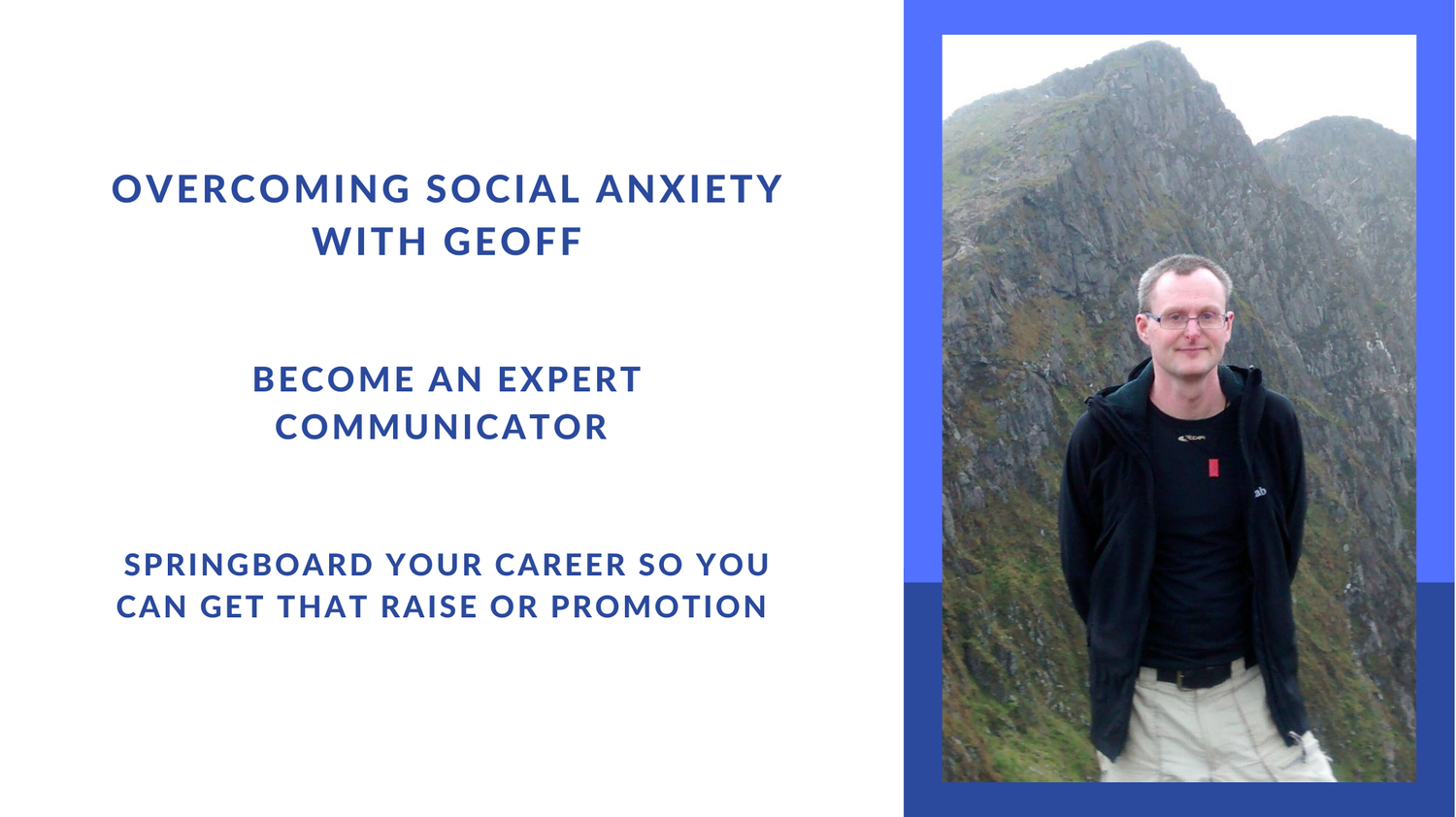What is Reiki
Reiki is a Japanese energy healing technique for stress reduction and relaxation. It promotes physical emotional and spiritual healing. It balances the energy within the client. It can be transmitted by laying on hands, at a distance of 1 inch to several feet, or remotely. It is based on the idea that a universal healing source of energy. This energy can be transmitted through a trained practitioner to their client by means of intention. If the energy of a person is low or stagnant then they are more vulnerable to stress and disease. Reiki energy can be transmitted through the hands of the practitioner. Often the client will feel a sensation such as warmth, or buzzing in the area where the practitioner is working.
Reiki has been effective in helping heal all illnesses and always produces a beneficial effect, It is complementary to other medicine and healing modalities. It can work to relieve the adverse effects of medications.
Answers to some frequently asked questions about Reiki
How does Reiki work? Reiki works by transferring energy from the practitioner's hands to the recipient's body. The energy is believed to flow through the practitioner's hands and into the recipient's body, promoting relaxation and healing.
What should I expect during a Reiki session? During a Reiki session, you will typically lie down fully clothed on a table or mat, and the practitioner will place their hands on or near your body. You may feel warmth or tingling sensations in your body as the energy is transmitted. You may also feel deeply relaxed or even fall asleep during the session.
Is Reiki a form of massage? No, Reiki is not a form of massage. While both massage and Reiki involve touch, massage is focused on manipulating the muscles and soft tissues of the body, while Reiki is focused on transferring energy.
Can Reiki be used to treat medical conditions? Reiki is often used as a complementary therapy alongside conventional medical treatment. While there is limited scientific evidence to support its effectiveness, many people find that it helps them to manage symptoms of various medical conditions and improve their overall well-being.
Is Reiki associated with any religion? No, Reiki is not associated with any particular religion. While it has roots in Japanese spirituality, it is a secular practice that can be used by people of any religious or spiritual background.
Can anyone learn to practice Reiki? Yes, anyone can learn to practice Reiki. There are many classes and training programs available for people who are interested in becoming Reiki practitioners.

